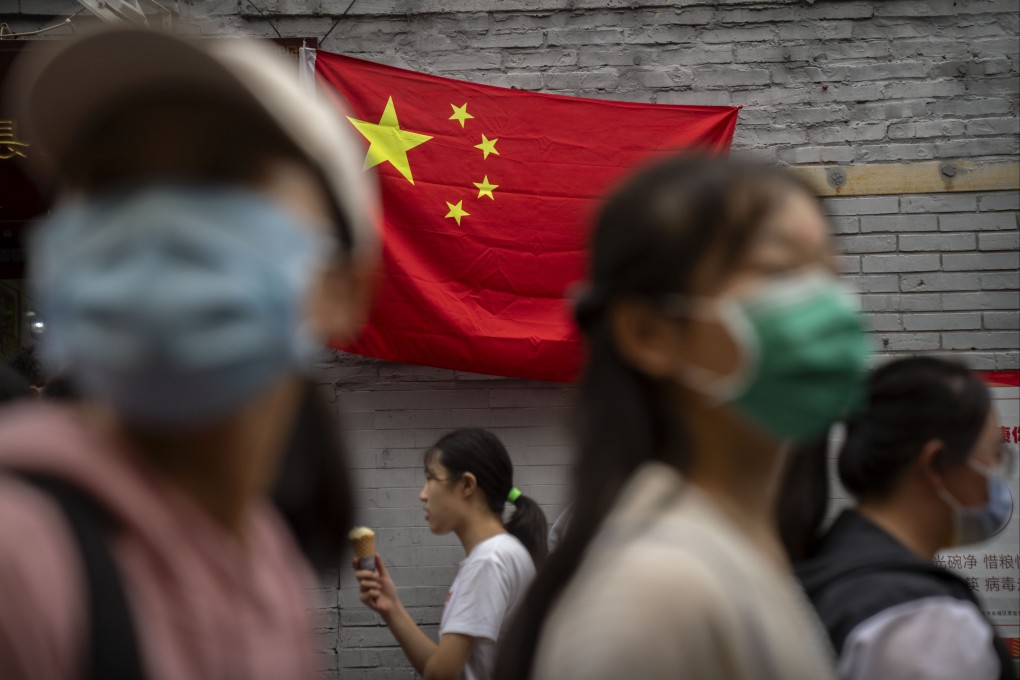My Take | Why ‘common prosperity’ spooks investors
- Xi Jinping’s China is no longer about letting the rich get richer. But that’s not what big-time investors, foreign and domestic, want to hear

A day after China’s Communist Party congress ended, the Hang Seng Index fell more than 1,000 points. MSCI China has dropped to its lowest point in a decade. A vote of no confidence by investors in Xi Jinping’s norm-breaking third term, headlines screamed.
Well, exactly! The president is now singing a very different tune from the typical siren’s song of strongmen and authoritarian regimes to tempt foreigners.
Conventional wisdom claims that people prefer to invest in places that are transparent, open and democratic. If that were the case, most developing countries that don’t fit the bill should have a tough time attracting foreign investment. That’s true sometimes, but not always. But how is it that countries such as Saudi Arabia, communist Vietnam and until recently China, have had no trouble with foreigners queuing to invest?
Smart money goes wherever the real money is. Some investors may even prefer strongmen and juntas, provided they sing a very specific tune, that is, for low taxes, an opening of lucrative sectors in the economy, cheap labour and a big market.
Xi is clearly following a very different script. Gone is the old mantra of growth at any price. It’s no longer OK for some people to get rich first, well, not very rich anyway.
The Chinese economy is slowing, so that’s the reality rather than a choice. But there is no question Xi is committed to rebalancing the economy and restoring greater social and economic justice.
